Effective electrical load management is crucial for ensuring optimal performance and longevity of equipment in HVAC (heating, ventilation, and air conditioning) systems. One often overlooked but essential component of this process is the HVAC contactor. Understanding and mastering the function of contactors can significantly improve the efficiency and reliability of your system.
A contactor is an electrical switch that manages the flow of electricity in an HVAC system. It acts like a relay, turning high-voltage circuits on and off. In air conditioning systems, the contactor controls power to key parts like the compressor and condenser fan. This helps ensure they get the right voltage and run efficiently, improving the AC unit's performance.
Effective load management is crucial for any HVAC system, and contactors play a central role. Here's why mastering contactors is so significant:
Contactors can handle significant electrical loads. They manage the flow of electricity to the various parts of the HVAC system. Proper contactor functioning ensures that the system operates efficiently and avoids overloading. If a contactor fails, it can disrupt the flow of electricity, leading to system malfunctions or even damage.
Overloading is a common issue in HVAC systems. The contactors help prevent this by ensuring the components only receive power when necessary. For example, when the thermostat needs cooling, the contactor closes. This allows electricity to flow to the compressor and condenser fan. When no cooling is necessary, the contactor closes and interrupts the electrical flow. This helps prevent unnecessary wear and tear on the system.
Contactors contribute to the HVAC system's overall longevity by controlling the flow of electricity efficiently. Consistent and reliable operation means fewer breakdowns and a longer lifespan for the equipment. Regular maintenance and timely replacement of contactors can prevent potential issues and keep the system running smoothly.
HVAC contactors play a critical role in air conditioning systems. It controls the power supply to the AC unit's compressor and other essential components. The thermostat signals the contactor to close the circuit when the room gets warmer than the set temperature. This action allows electricity to flow to the compressor, which starts the cooling process. The AC unit may operate correctly with a properly functioning contactor. However, this can lead to insufficient cooling, increased energy consumption, and potentially costly repairs. Regularly checking and maintaining the contactor can help avoid these issues.
Contactors are equally crucial to HVAC and refrigeration systems. Both systems rely on contactors to manage the flow of electricity to their components. In refrigeration systems, contactors control the power to the compressor, evaporator fan, and condenser fan, just like in HVAC systems. Mastering the operation of contactors ensures that refrigeration units operate efficiently, which is crucial for maintaining proper temperature levels and energy consumption.
Mastering HVAC contactors is crucial for managing electrical loads in HVAC and refrigeration systems. They regulate electricity flow, prevent overloads, and extend equipment lifespan. Proper maintenance and understanding of contactors can enhance system performance and reliability. Whether for a home HVAC unit or a commercial refrigeration system, paying attention to contactors ensures efficient operation and fewer issues. Despite their small size, contactors significantly impact overall system function. Keeping them in good condition ensures that your systems operate smoothly and efficiently.
eINDUSTRIFY is the smartest choice for unlocking the full potential of your HVAC contactors. Our extensive range of top-tier products and expert guidance empowers you to enhance your HVAC system's efficiency, reliability, and longevity. Whether optimizing existing systems or setting up new ones, eINDUSTRIFY ensures the best results. Trust us in our commitment to quality and innovation as we guide you through the complexities of HVAC contractors and boost your work performance. Reach us by emailing us at info@eindustrify.com or call us at +1 (888) 774 7632 to register for access to a premium global marketplace.
1. What is an HVAC contactor, and why is it essential for electrical load management?
An HVAC contactor is a switch used to control the flow of electricity to heating, ventilation, and air conditioning (HVAC) systems. It manages the electrical load by connecting or disconnecting the power supply.
2. How does an HVAC contactor improve the efficiency of HVAC systems?
By effectively managing the electrical load, HVAC contactors reduce energy waste and prevent system components from overheating or overloading.
3. What are the signs of a faulty HVAC contactor, and how can it affect system performance?
Signs of a faulty contactor include a humming sound, inconsistent operation, or the HVAC system failing to turn on. A malfunctioning contactor can lead to power interruptions and overheating.
4. How do I choose a suitable HVAC contactor for my system?
Choosing a suitable HVAC contactor depends on your system's electrical load needs, such as voltage, current rating, and application type.
5. How often should HVAC contactors be inspected or replaced?
HVAC contactors should be inspected during regular system maintenance, typically once a year, depending on usage and environmental conditions.
Tags: HVAC Contactor Air Conditioning Ac Unit Flow Of Electricity
RECENT POSTS:
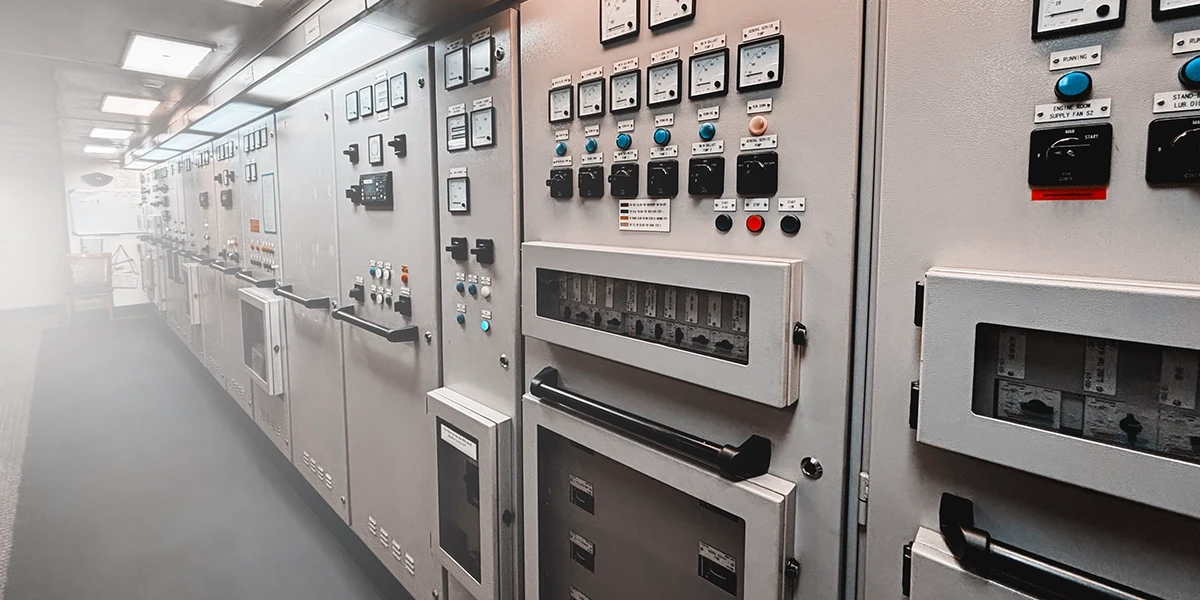
Essential Power Distribution Panels for Optimizing Your Industrial Setup
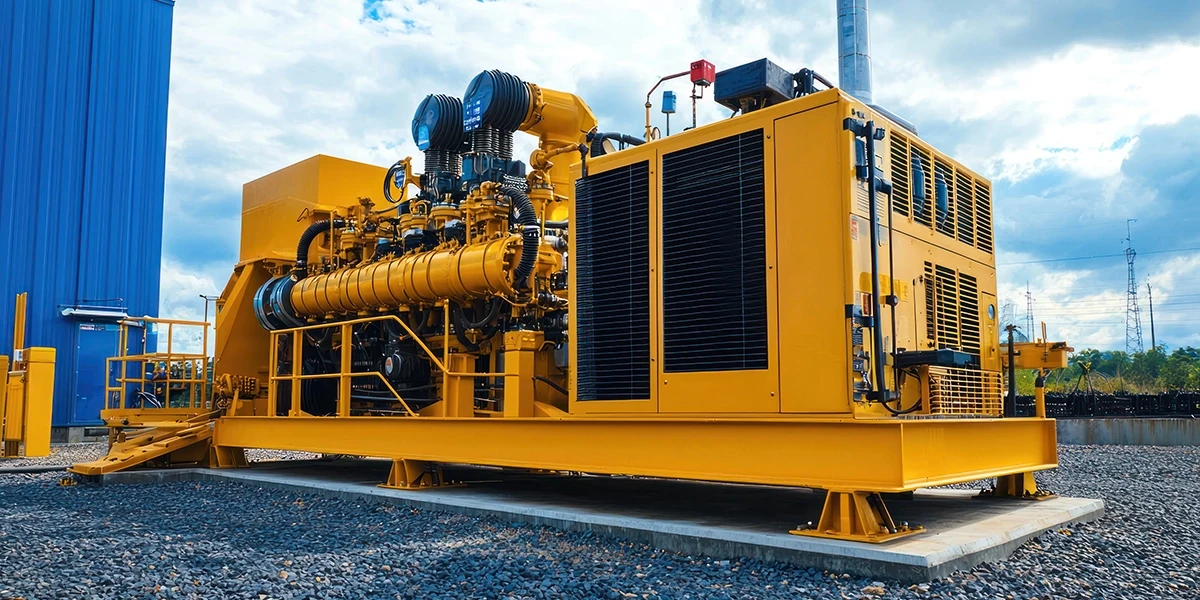
Top 5 Generator Protection Devices for Reliable Power Generation
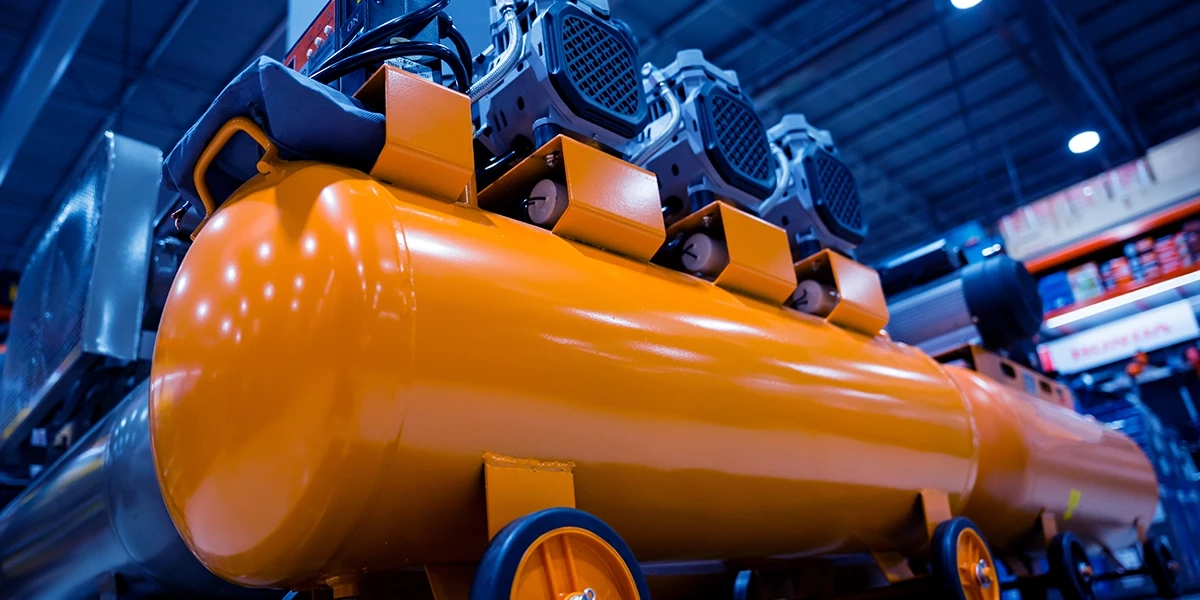
How to Choose the Right Industrial Air Compressor for Your Facility
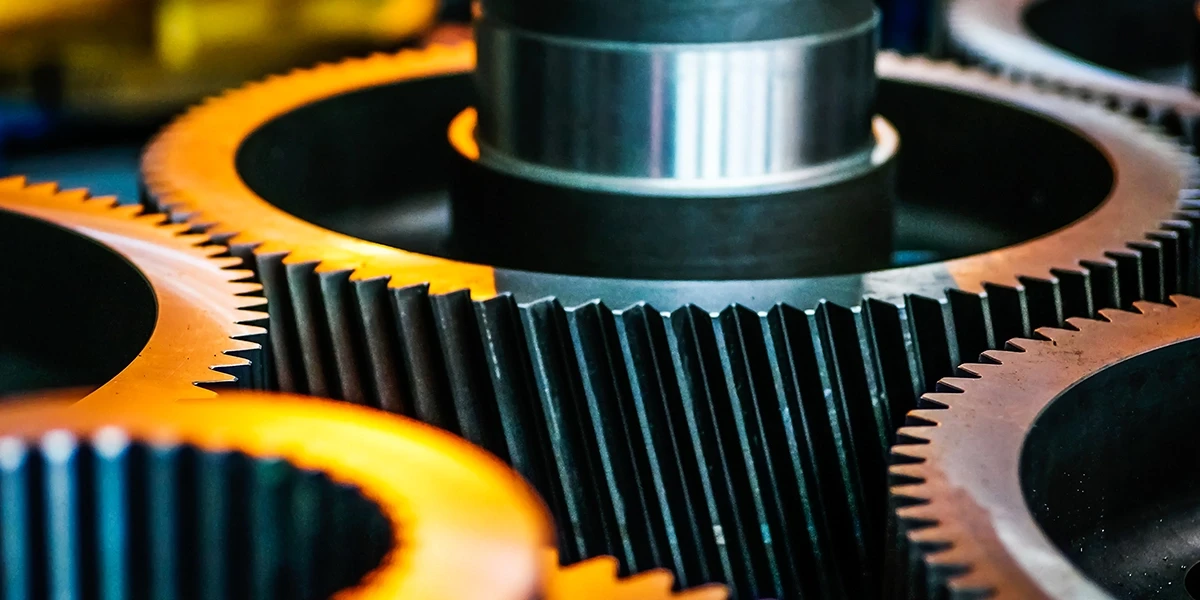
Choosing the Right Global Power Transmission Equipment
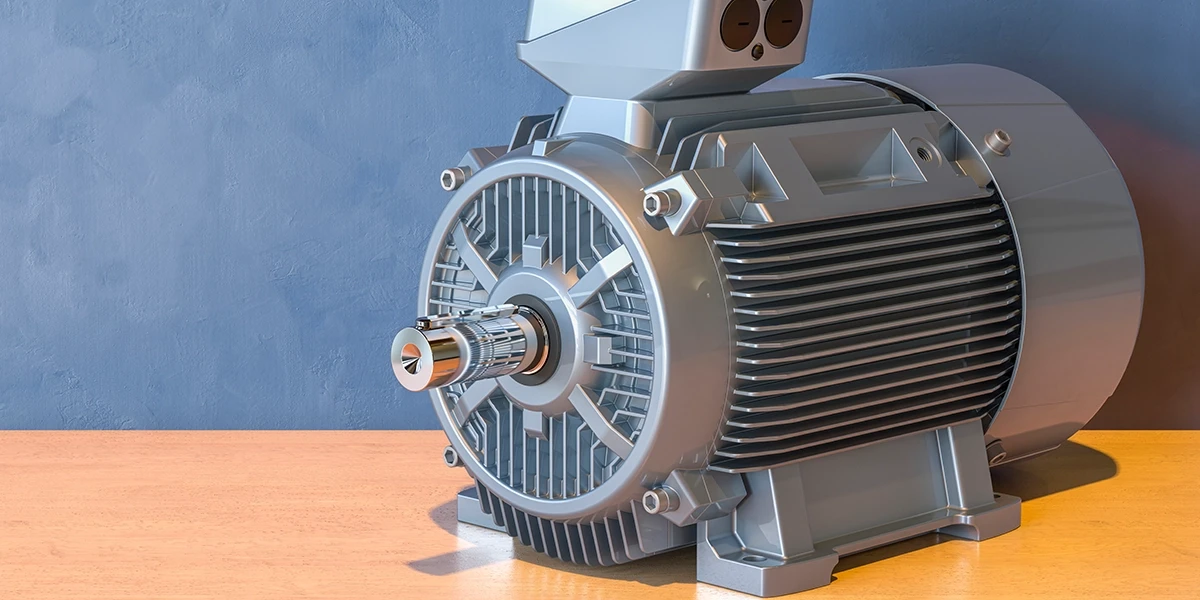
Top DC Motors for Industrial Automation
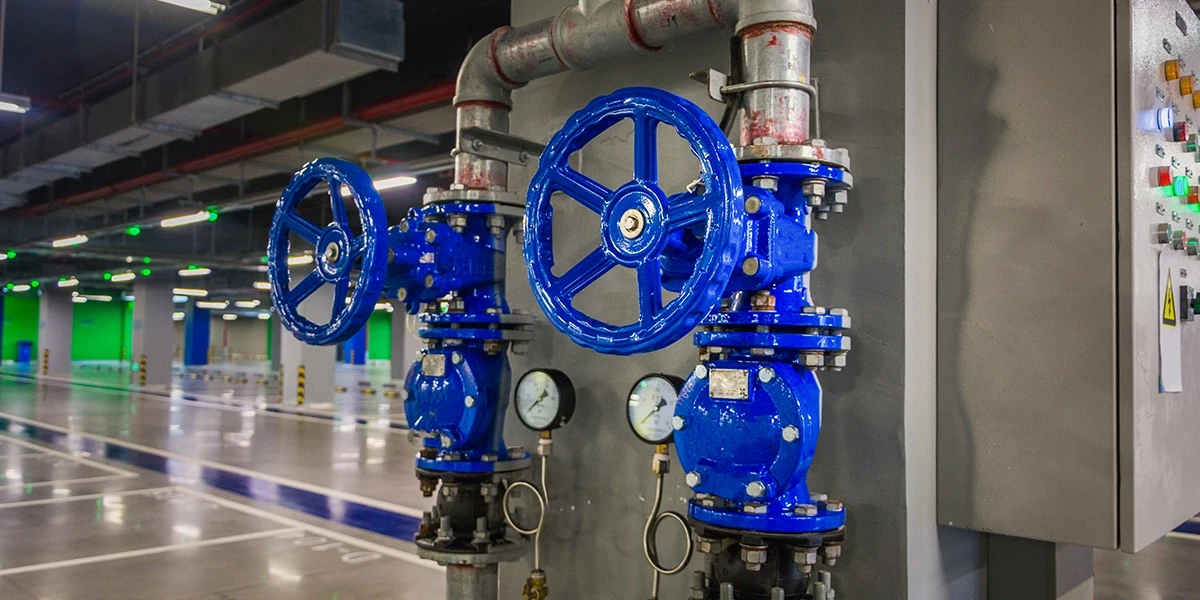
How to Select the Right Control Valves for Your System
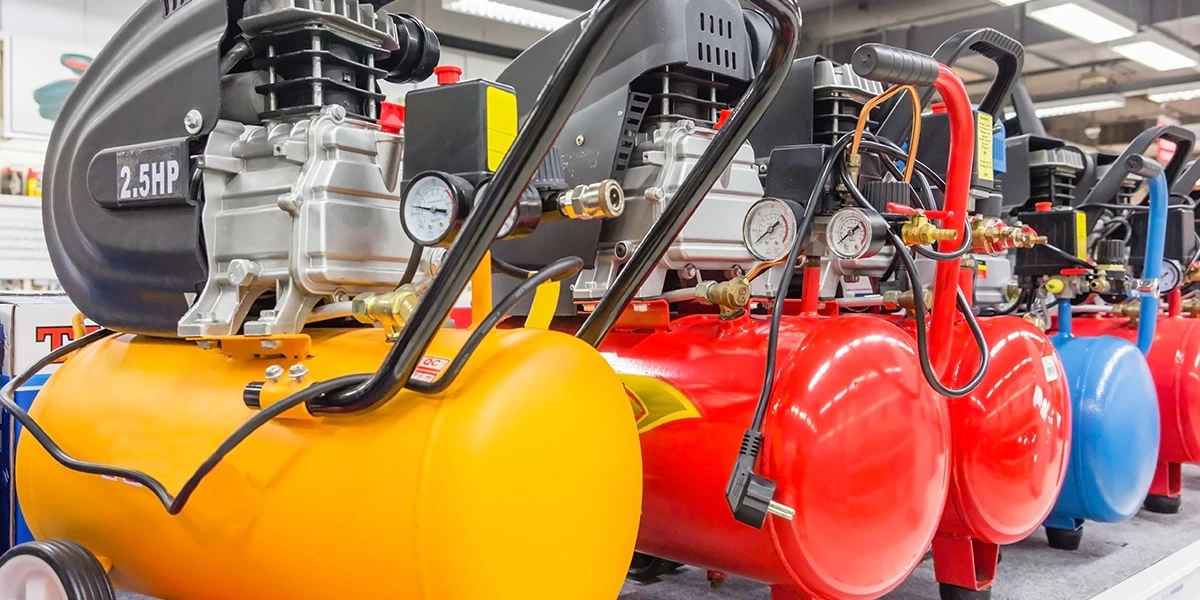
Air Compressors for Sale: Compare Models, Brands, Features
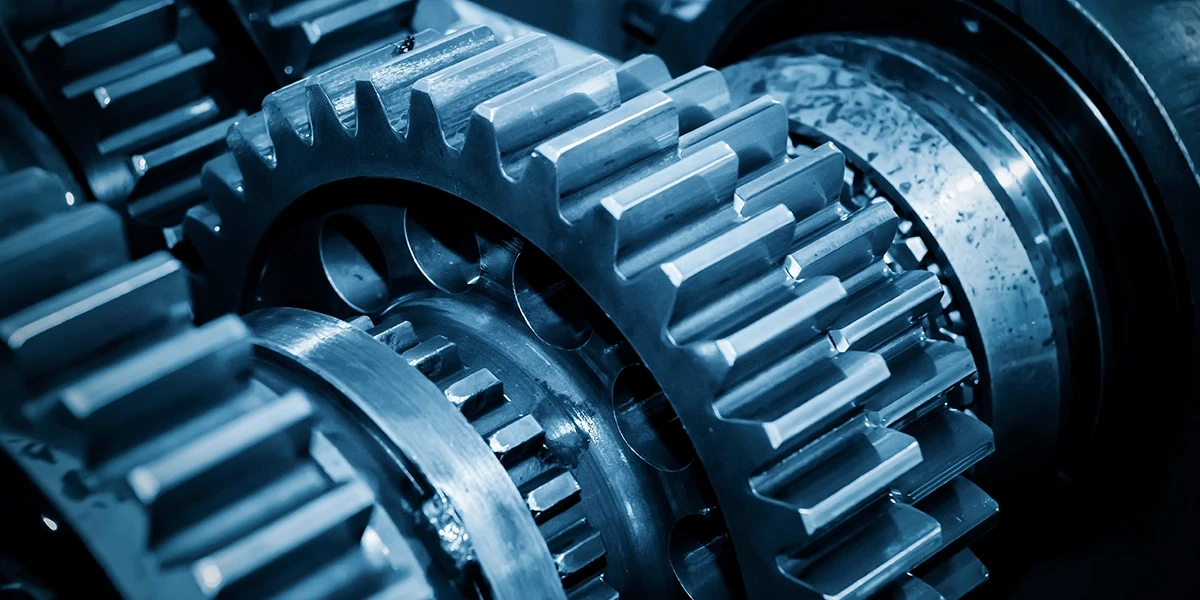
Essential Power Transmission Accessories for Industries